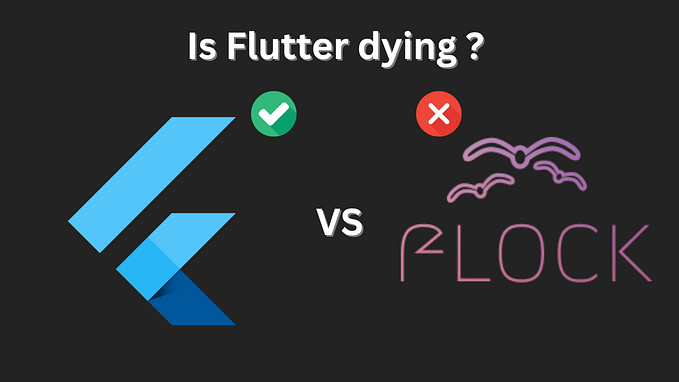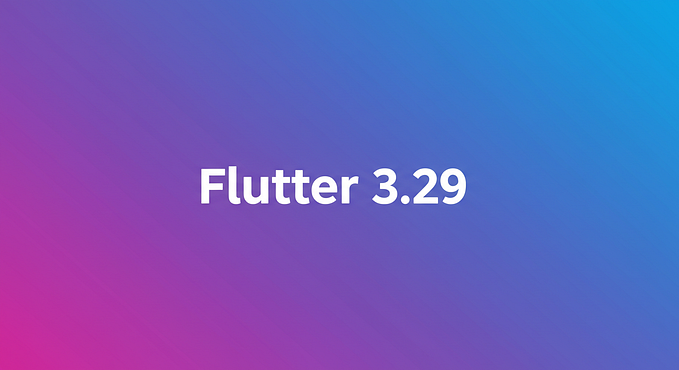Ionic vs. Flutter: Which Framework is Right for You?
The key to success in today’s dynamic business world is to connect with the maximum number of users, irrespective of devices, browsers, operating systems they are using. Fortunately, this has become easier than ever with the advent of cross-platform frameworks. However, these days choosing the right cross-platform framework for your web and mobile application development is a tough row to hoe. To help you out over this conundrum, this informative piece will walk you through two popular hybrid frameworks namely Ionic and Flutter. Let’s get started.
Ionic

Ionic, a popular open-source UI toolkit that was launched in 2013. The initial release of this framework used Angular JS, while the later versions allowed an Ionic hybrid mobile app development company to choose among React, Angular, and Vue. The ionic framework is immensely used by developers for the development of desktop and mobile applications that leverage web technologies like JavaScript, CSS, and HTML. Some popular apps developed using Ionic include MarketWatch, Microsoft Flow, Diesel, Sworkit, and more.
Benefits of Ionic Framework App Development
- Built on AngularJS
- utilizes Cordova plugins
- Easy testing
- Open source and free
- Interactive UI with easy customization
- Wide and helpful community
- Supports Android 4.1 version or above and iOS 7 version or above
Disadvantages of Ionic App Development
- Absence of Hot Reloading
- Plugin-dependent System
- Possible Security Issues
- Heavy Application Size
Flutter

Launched by Google, Flutter is an open-source UI toolkit that is used for the development of cross-platform mobile applications using a single codebase. When it comes to delivering a native-like mobile experience, the Flutter framework is the first choice of developers. In fact, the demand for Flutter mobile app development has grown dramatically in the past few years, that people started comparing Flutter with top cross-platform app development tools. Some popular apps developed using Flutter include Google Ads, eBay, BMW, Alibaba, Tencent, and more.
Benefits of Flutter App Development
- Native App Like Performance
- Hot Reload and Development
- Requires Less Testing
- Compiled into Native C
- Backed by Google
- Open-source SDK
- Dart As Programming Language
Disadvantages of Flutter App Development
- Massive file size
- A limited set of tools and libraries
- Weak iOS features support
- Lack of community support
- Need to learn Dart
- Lack of friendly documentation
Final Words
In the end, making a decision between Ionic and Flutter boils down to one thing, that is your business requirements. You should choose Flutter if you are familiar with Dart and don’t want complete native functionality. On the other hand, you should choose Ionic if you need a native-like experience sans high-end customizations.







